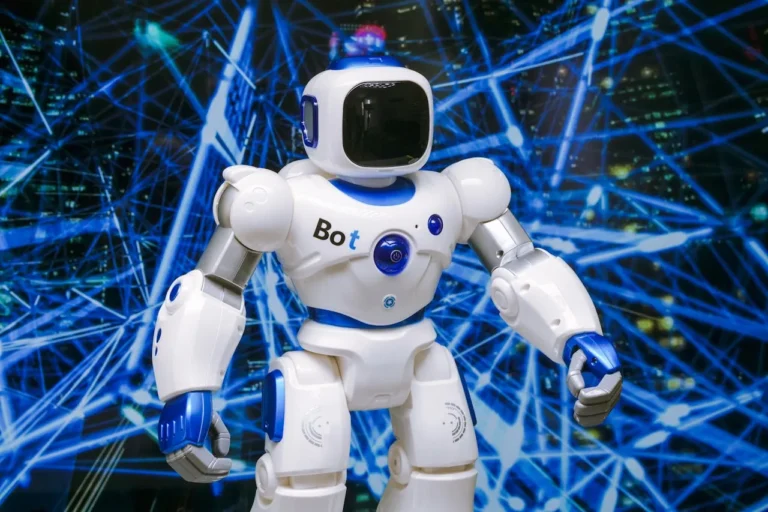
Maruti Suzuki Launches Admissions for First Batch at Newly Inaugurated Sonipat JIM, Reinforcing Commitment to Skill India Mission
Maruti Suzuki India Limited has formally opened admissions for the inaugural batch of students at its fourth Japan-India Institute for Manufacturing (JIM), located at Master Atul Government Industrial Training Institute (ITI) in Sonipat, Haryana. The state-of-the-art facility is part of the company’s expanding effort to support the Government of India’s ‘Skill India Mission’ by preparing young Indians for employment in the manufacturing and automotive sectors.
The Sonipat JIM is set to welcome more than 100 students for its first intake. These students will be enrolled in one of four trades: Mechanic Motor Vehicle (MMV), Machinist, Welder, and Fitter. The training session is scheduled to commence in September 2025. Maruti Suzuki has invested ₹10 crore to establish this new institute, underlining its long-term commitment to empowering youth with practical, industry-ready skills.
Affiliated with the National Council for Vocational Training (NCVT) and accredited by Japan’s Ministry of Economy, Trade and Industry (METI), the JIM in Sonipat will follow a dual system of training. This approach integrates classroom-based theoretical learning with real-time, hands-on experience in a simulated manufacturing environment. The curriculum aligns with NCVT standards and also includes modules focused on safety, quality control, work discipline, Kaizen (continuous improvement), and other hallmark Japanese manufacturing practices. These modules are particularly relevant to the evolving requirements of the automobile manufacturing industry in India.
State and Corporate Leadership Applaud the Initiative
Shri Gaurav Gautam, Minister of State for Youth Empowerment & Entrepreneurship (Independent Charge), Sports (Independent Charge), and Law & Legislative, commended Maruti Suzuki’s efforts in enhancing skill development infrastructure in Haryana. “Maruti Suzuki’s commitment to building a skilled workforce in Haryana is truly commendable. With successful operations already ongoing at their JIM in Uncha Majra, the addition of a second JIM in Sonipat further strengthens their impact. By training youth and equipping them with industry-relevant knowledge and technical expertise, the company is creating a pipeline of future-ready professionals while contributing significantly to the state’s socio-economic development,” he remarked.
Building a Talent Pipeline for India’s Manufacturing Sector
Rahul Bharti, Senior Executive Officer, Corporate Affairs, Maruti Suzuki India Limited, emphasized the broader goals of the initiative. “We are dedicated to supporting the Government of India’s Skill India Mission by preparing the youth to meet industry demands. The JIM at Sonipat, our second in Haryana after Uncha Majra, is the result of a close collaboration with the state government. We are confident both these institutes will empower students and prepare them for gainful employment across the automobile manufacturing ecosystem,” he said.
He added that incorporating the principles of safety, quality, discipline, and Kaizen would not only make students more employable but also instill a professional mindset and work ethic that aligns with global standards.
Public-Private Collaboration: A Win-Win Model
The JIM Sonipat was developed as part of a strategic Memorandum of Agreement (MoA) with the Government of Haryana. While the government provided the land and building for the facility, Maruti Suzuki undertook extensive efforts to upgrade the infrastructure, equip the classrooms and workshops, install an assembly line to mimic real-world industrial conditions, and design specialized training modules. The company will also oversee the institute’s daily operations to ensure training delivery is aligned with industry needs.
Background: The JIM Program and Its Origins
The Japan-India Institute for Manufacturing (JIM) initiative stems from a 2016 Memorandum of Cooperation (MoC) signed between the Ministry of Skill Development and Entrepreneurship (MSDE), Government of India, and Japan’s Ministry of Economy, Trade and Industry (METI). The MoC aimed to develop a framework for the ‘Manufacturing Skill Transfer Promotion Programme,’ which seeks to train 30,000 Indian youth over a span of 10 years in Japanese-style manufacturing skills and work ethics. Since its inception, over 2,100 students have graduated from the existing three JIMs established by Maruti Suzuki.
Maruti Suzuki’s Broader Skill Development Footprint
Beyond the JIMs, Maruti Suzuki has adopted a two-pronged approach to skill development in India. In addition to building new institutes, the company is deeply involved in upgrading government-run ITIs across the country. So far, Maruti Suzuki has partnered with 23 ITIs, offering equipment, technical modules, and specialized training for both students and instructors.
Recognizing the rise of electric and hybrid mobility, the company has set up High Voltage (HV) training equipment in 130 ITIs to ensure students are well-versed in next-generation automotive technologies. Moreover, Maruti Suzuki has established 31 Automobile Skill Enhancement Centres (ASECs) across India. These centres provide focused training in vehicle maintenance, diagnostics, and repair, with a strong emphasis on hands-on learning using modern equipment and real vehicles.
The company’s support for apprenticeships is another key element in its skill-building initiative. ITI graduates are offered opportunities to work as apprentices in Maruti Suzuki’s plants and service networks, enabling them to gain practical shop-floor experience and become job-ready.
Investment in the Future
As of FY 2024-25, Maruti Suzuki has spent more than ₹450 crore under its Corporate Social Responsibility (CSR) initiatives focused on skill development. This figure reflects not only the company’s commitment to nurturing future talent but also its role in supporting India’s ambition to become a global manufacturing hub.




